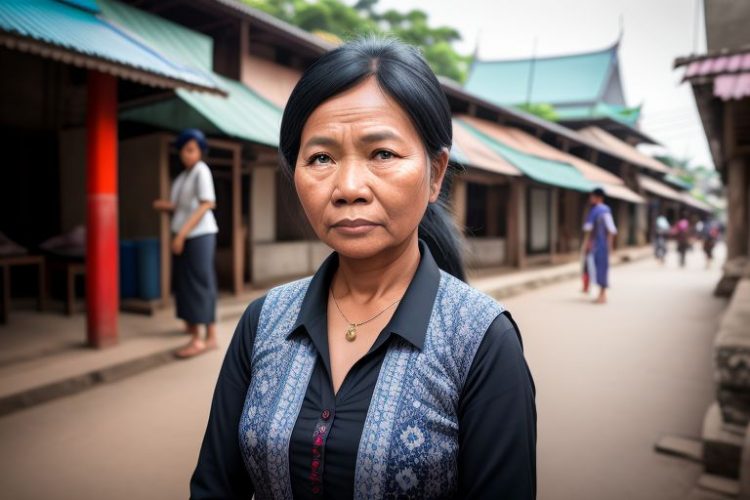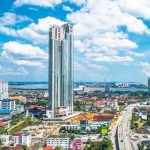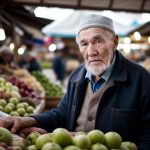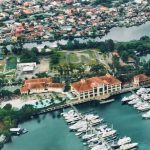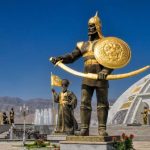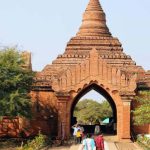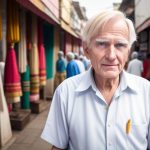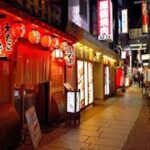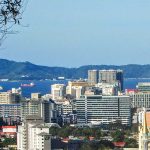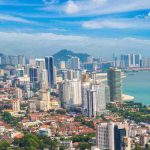Cambodia is branded with its deeply rooted history, colorful culture, and low cost of living. This is the reason why it is one of the best places considered by secretive retirees who just want a mix of historical charm with modern amenities. The following is a complete guide on how to retire to this country in Southeast Asia.
1. Why Retire in Cambodia
Rich historical and cultural richness: Home to the world-renowned Angkor Wat temples, Cambodia, possesses a rich culture and vivacious particularly tradition-based links with the yesteryears.
Cost: Cheaper country to live in than a majority of Western countries, accommodation, food, and services are relatively inexpensive
Friendly environment: It is a friendly place with purportedly good and kind residents, which establishes an easy assimilation into the society environment among the retirees.
Natural Beauty: Soaking up some heavenly beaches along the coastline, green countryside and scenic rivers
2. Popular Retirement Locations
Phnom Penh: The capital city houses modern facilities, and tourist hubs of cultural and historical significance, and the region is experiencing the highest level of growth in the expatriate community. Ideal for retirees who seek some city hum, which is convenient in both service and entertainment.
Siem Reap: With close proximity to Angkor Wat, the city has become quite a famous one, blending historical charm with easy living. Good place for retirees who love the preservation of heritage and yet enjoys a slower pace of life.
Sihanoukville: It is the coast hosting this city with beautiful beaches and an easy lifestyle associated with residing at the coast. It only suits a laid-back person who would enjoy beachside living.
Battambang –characterized by a more gentle pace of life with a charming melange of French colonial architecture, and local markets. Relaxed, and more applicable for retirees who prefer a more quiet and conventional Cambodia.
3. Cost of Living
Accommodation –Accommodation is inexpensive, and there are from low-rent apartments to higher-grade version villas Anywhere on location and the nature of the abode would suffice.
Food: Food is cheap too. The great number of local markets and street food stalls provide students with lots of options to eat on a budget. Also, eating in restaurants is very cheap. Groceries, of course, are cheaper.
Utilities and Transportation: Utilities are cheap, and transport prices, from tuk-tuks to local buses, are friendly on the wallet. Motorbike rentals are also common and fairly affordable.
4. Visa and Residency
Visas: The Ordinary visa and the long-term option, E-class visa, are the tourist permits in Cambodia. The Ordinary visa (E-type) is in common use for retirement, and with some extensions, it might just be perfect for the longer plan.
Residency: There might not be an idea of a ‘retirement visa’ in Cambodia, so long-term residency in the country would require that you make the necessary arrangements by either extending your visa or obtaining an alternative document. Of course, there may be more suitable alternatives and an immigration expert can talk you through them.
Quality of Care: Keeping up with global standards, healthcare facilities in all key cities, including private hospitals, are prevalent. Medical services are of different standards in cities like Phnom Penh and Siem Reap and of lesser quality in the tiny market towns and countryside regions.
Insurance: Health insurance is indeed recommended as medical costs are, under some circumstances, very high. International health insurance plans are vastly opted for by most expats, as they can offer complete and extensive coverage.
6. Culture and LifeStyle
Language: The official language is Khmer. Though English is more dominant in tourist areas and expatriate circles, knowing some Khmer is going to help you in daily dealings and also earn you better bargaining power during your local experience.
Social Life: Be a part of the social clubs, cultural functions, and other activities organized by local as well as expat groups. Cambodia’s festivals and its local markets make up an enormous cultural tapestry.
7. Practical Information
Travel: Discover the different regions of Cambodia, from history to nature, or the beach. The country is quite small, so travel and exploration are easy.
Banking: It is easy to open a local bank account. The banking system is developing and most of the ATM machines are equally situated in the major cities.
Security: The basic level of security is maintained, but it is always necessary to look after local conditions and carry out the classical security measures for all.
Climate: Expect a tropical climate with both wet and dry seasons Wear comfortable, breathable clothing, and keep hydrated.
Conclusion
Retiring in Cambodia affords you the best of both worlds in terms of old-world charm and cultural vibrancy together with a relatively reasonable cost structure. Exercise prudence in your preparations and share your time learning about the culture and the rules in Cambodia, and you will be rewarded with a very fulfilling and enriching retirement life in this country at the heart of Southeast Asia.
Related posts:

Ray Brocklesby, the site owner, is a Brit who now lives in the Philippines. He is retired and lives with his wife Weng, Daughter Kristelle, nephews, Harvey and Boknoy, and mother-in-law. Ray also has a son and daughter living in the UK, and a son in New Zealand.

